Q. Would you ever cut a guy because he's viewed negatively in the locker room?
A. You'd have to ask why he's viewed negatively in the locker room. That's usually a symptom, not the ill. You don't officially acknowledge it, but you acknowledge that negativity in the locker room is associated with some real, tangible thing that puts someone's job in jeopardy. There are always negative performances – there are bad plays, good plays – but (you make a move) when it's below the line. At what point is below the line a tipping point? You know when you get there.
**
Q. Is "below the line" different for different positions on a team?**
A. There are different triggers for every position. If you're a running back who's putting the ball on the ground, your job is going to be in jeopardy. If you're a cornerback who's giving up deep balls, you're having the ball thrown over your head, that's going to put your job in jeopardy. There are different levels of negativity, and certain things are triggers for each position.
Q. What is your role in play-calling during a game?
A. It depends on the moment. Sometimes I make calls. Sometimes I'm a part of the equation in talking about variables relative to a call that needs to be made. Sometimes I'm just listening. It really depends on the moment, or circumstance, or how much time we have for discussion and decision-making.
Q. In your opinion, what percentage of the success of a play is related to the play-call itself, as opposed to having 11 guys on the field making it work?
A. Less than 50 percent. The execution is more important than the call.
Q. Looking at the defensive backfield, as an example: Ross Cockrell got an opportunity to play because of injury and has made some plays. Antwon Blake is now starting. I'm going to call them non-superstars with roles. When another player at the same position might come back from injury, how do you then determine the division of labor?
A. I go on a case-by-case basis. I don't have a protocol set in stone. I think you limit yourself if you do. You don't acknowledge the realities of the game, and the realities of the game are that Ross Cockrell is playing good football for us. So he continues to play.
Q. How do you distinguish between a starter who doesn't lose his job because of an injury, and a starter who can lose his job to an injury?
A. If the guy who comes in out-performs him, then it's a discussion, or it's a thought process. It's really just that simple. If a guy is at a place in his career from a talent standpoint where the guy who replaces him is not capable of out-performing him, then you know that. If a guy's performance is to the level or above that the guy he's replacing, then you know that. Ross Cockrell is playing good ball. I expect Mike Vick to play good ball, but does it really matter how good Mike plays? (Laughs)
**
Q. What did you mean when you said after the Baltimore game that your team needed to finish better?**
A. Details of assignments that allow us to win in situational football. We had several guys open in the flats in short-yardage situations – we had Le'Veon Bell but the ball was slightly on his hip and that allowed him to be tackled short of the first down; and on a fourth-down play, we had Antonio Brown in the flat and we mis-connected there. Details sometimes mean accuracy if you're talking about the quarterback position. It might be hand placement if you're talking about an offensive lineman. It might be route depth if you're talking about a wide receiver. Largely, we have to improve the detail of the quality of our execution because it's going to allow us to win those critical downs and thus win the football game.
Q. What have you seen from your newest kicker – Chris Boswell?
A. I like his overall demeanor. He's an all business guy – he was (all business) in the workout and he has been since we've been around him. We're excited about giving him an opportunity today. Often times adverse circumstances create an opportunity for a man. When we signed Shaun Suisham a number of years ago, he was "broken," unemployed, recently released by the Washington Redskins. Being here in this environment worked for him, and we went on to have a great run. Hopefully, we go on to a similar run – at least this week – with Chris.
Q. Is there any update on Ben Roethlisberger's status?
A. He's out this week. And that's all he knows. That's all I know. We're not trying to paint with a broad brush. When he gets healthy, we're going to play him. It's just that simple.
Q. The Chargers' two losses so far have been on the road. Is it fair to say they're a better home team?
A. I think you can say that about any National Football League team. That's just the parity that is the NFL. The home field advantage is a real thing, but the good teams find a way to overcome it. We won our last road test. We're excited about this one.
Q. You blitzed Joe Flacco with some success. Do you do the same thing vs. Phillip Rivers?
A. That was the formula for minimizing him and the Ravens. We're going to pressure some because that's our personality, but we're not going to step outside of our personality. It might be effective tonight. It may not be. We're going to find our rhythm and let it play itself out.
**
Here is a look at the statistical leaders for the both the Steelers and Chargers heading into the Week 5 Monday Night Football contest.

Through a little more than two and half games, before he suffered a knee injury, QB Ben Roethlisberger had completed 67 of 89 passes (75.3%) for 912 yards, 4 touchdowns, 2 interception and had a quarterback rating of 113.1.

Following his Week 4 start vs. the Ravens, QB Mike Vick is now 24 for 32 passing for 162 yards with 1 touchdown and 0 interceptions for a quarterback rating of 96.1.

QB Philip Rivers leads the Chargers offense completing 99 of 140 passes (70.7.1%) for 1,248 yards, 8 touchdowns, 4 interceptions and has a quarterback rating of 105.3.
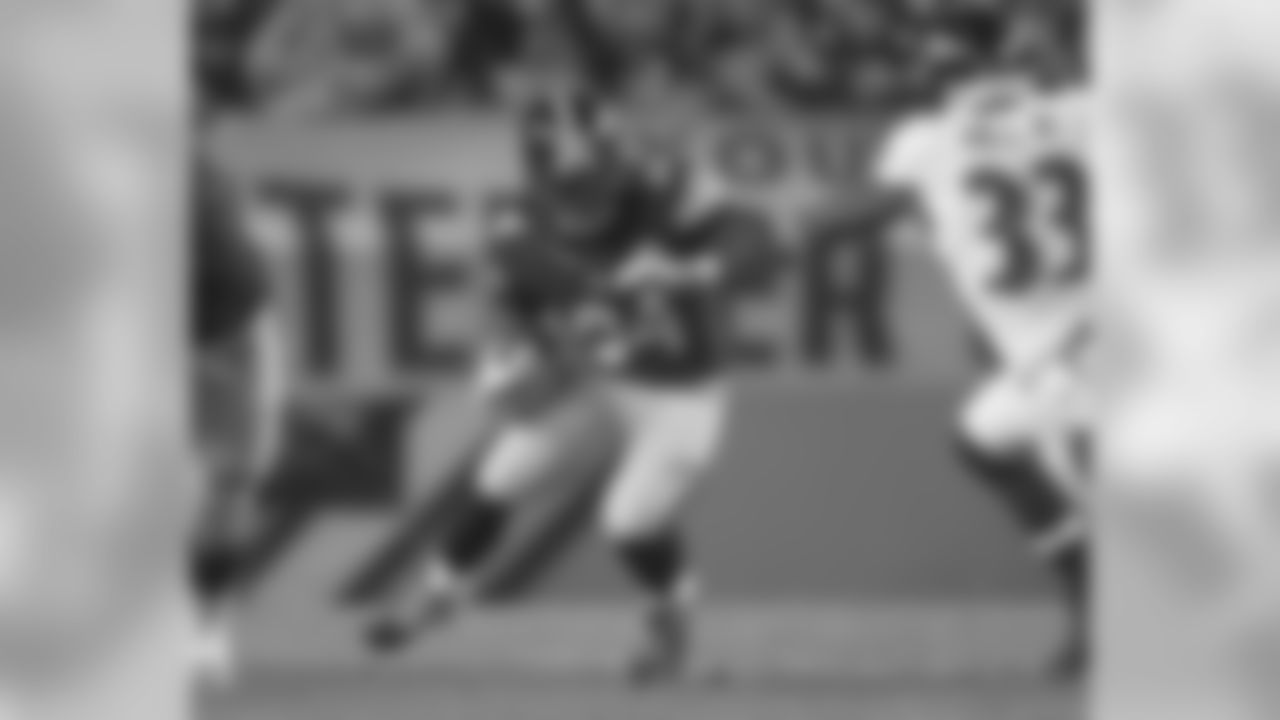
RB DeAngelo Williams is leading the Steelers in rushing attempts (44), yards (211) and touchdowns (3).

RB LeVeon Bell, who had to sit out the first two games of the season has now carried the ball 41 times for 191 yards and 2 touchdowns.
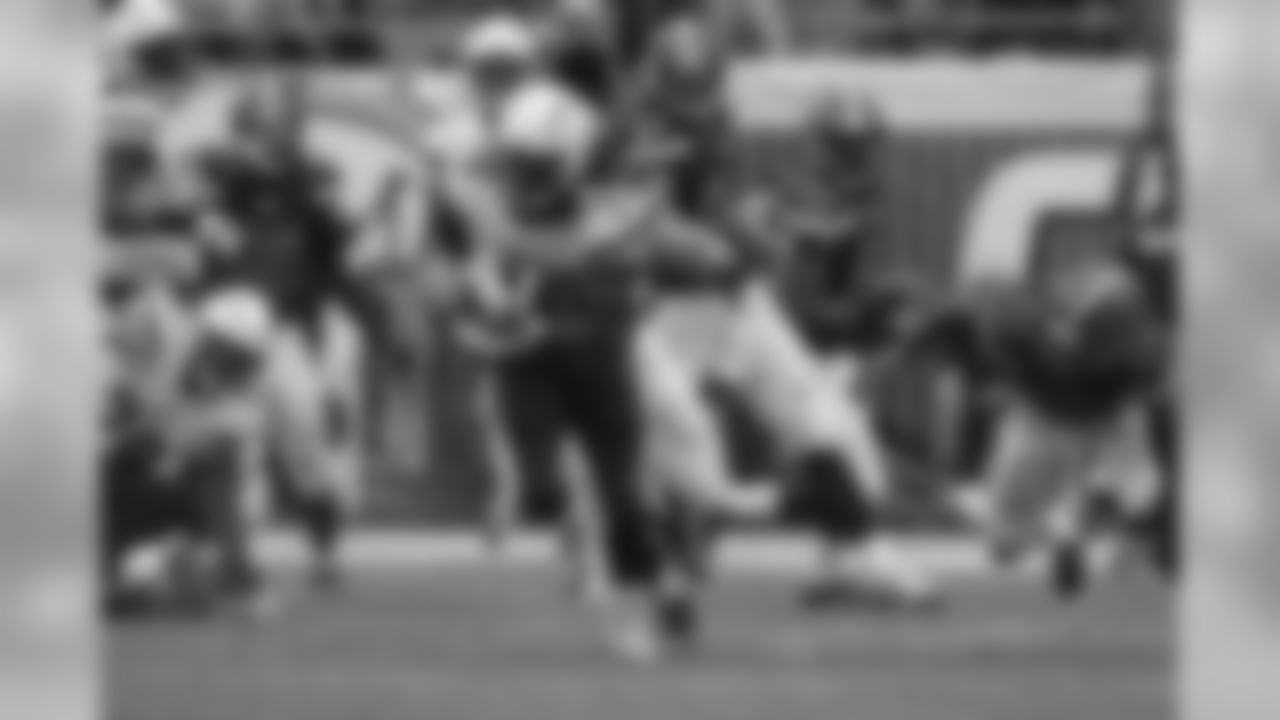
Rookie RB Melvin Gordon leads the Chargers rushing attack with 228 yards on 56 attempts for a 4.1 yards per attempt average.
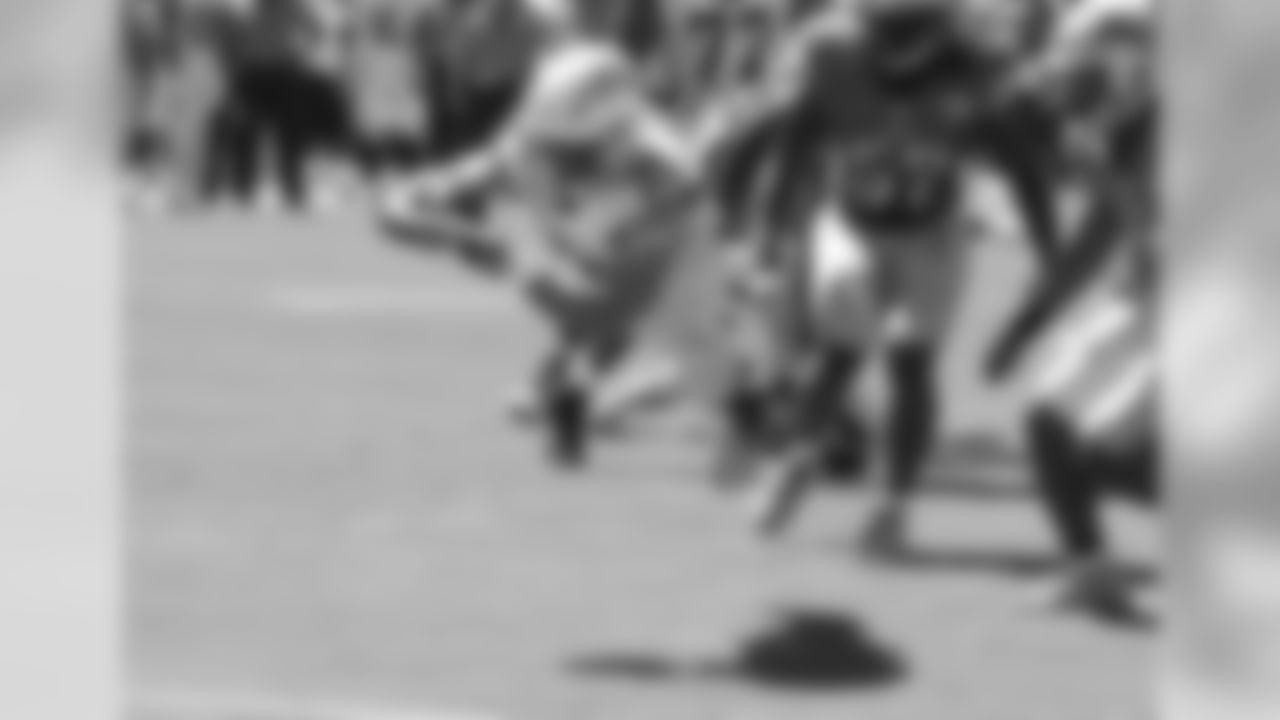
RB Danny Woodhead has carried the ball 33 times for the Chargers for 144 yards and 2 touchdowns.
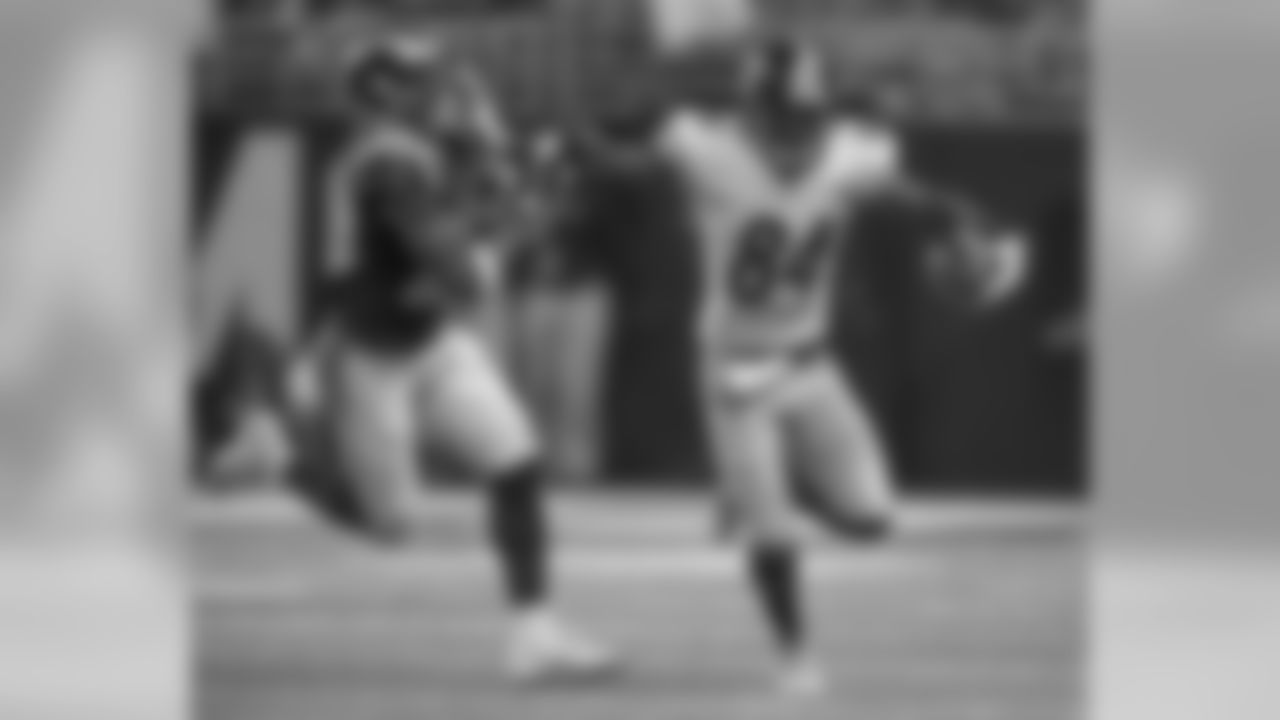
WR Antonio Brown is averaging 119.5 receiving yards per game this season. Brown leads all Steelers receivers with 34 receptions, 478 yards and is tied with Darrius Heyward-Bey with two receiving touchdowns on the season.

WR Darrius Heyward-Bey has 15 receptions this season for 185 yards and is tied with Antonio Brown as the Steelers team leader with two receiving touchdowns on the season.
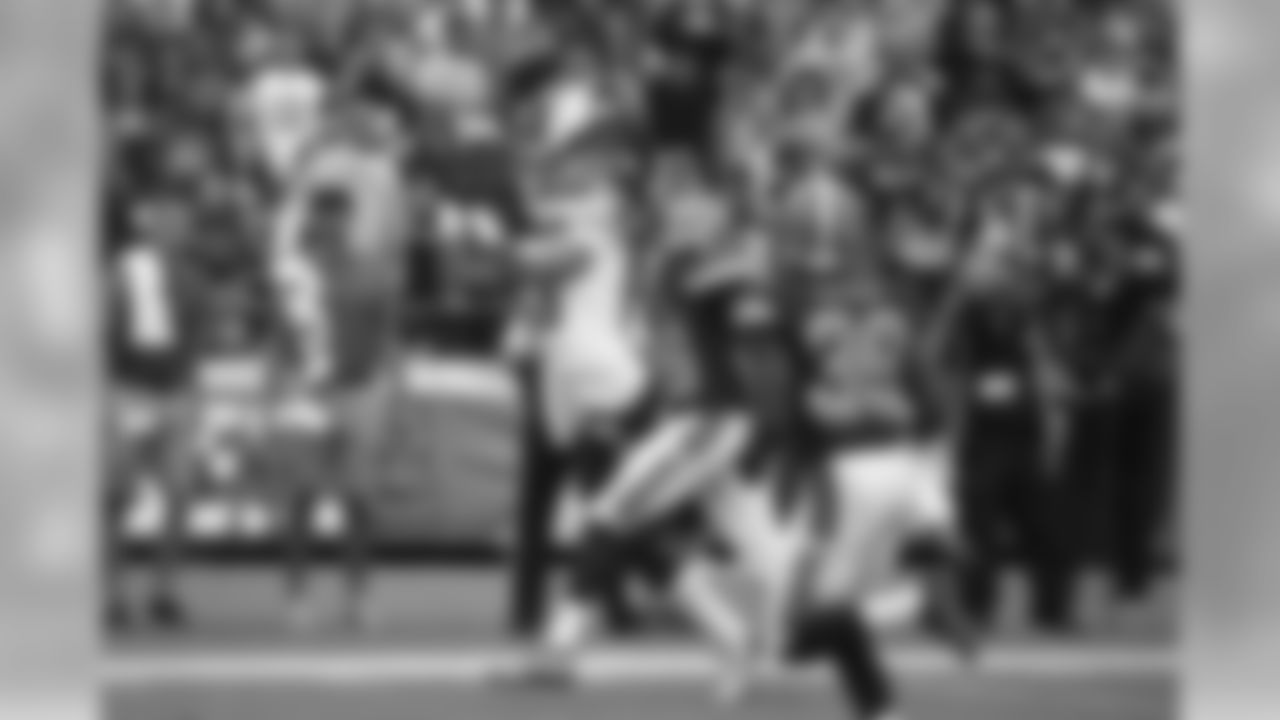
WR Keenan Allen leads all Chargers receivers with 33 receptions for 387 yards and 3 touchdowns.

With 11 total tackles vs. the Ravens, LB Lawrence Timmons now leads the Steelers 2015 defense with 30 total tackles (20 solo and 10 assists).
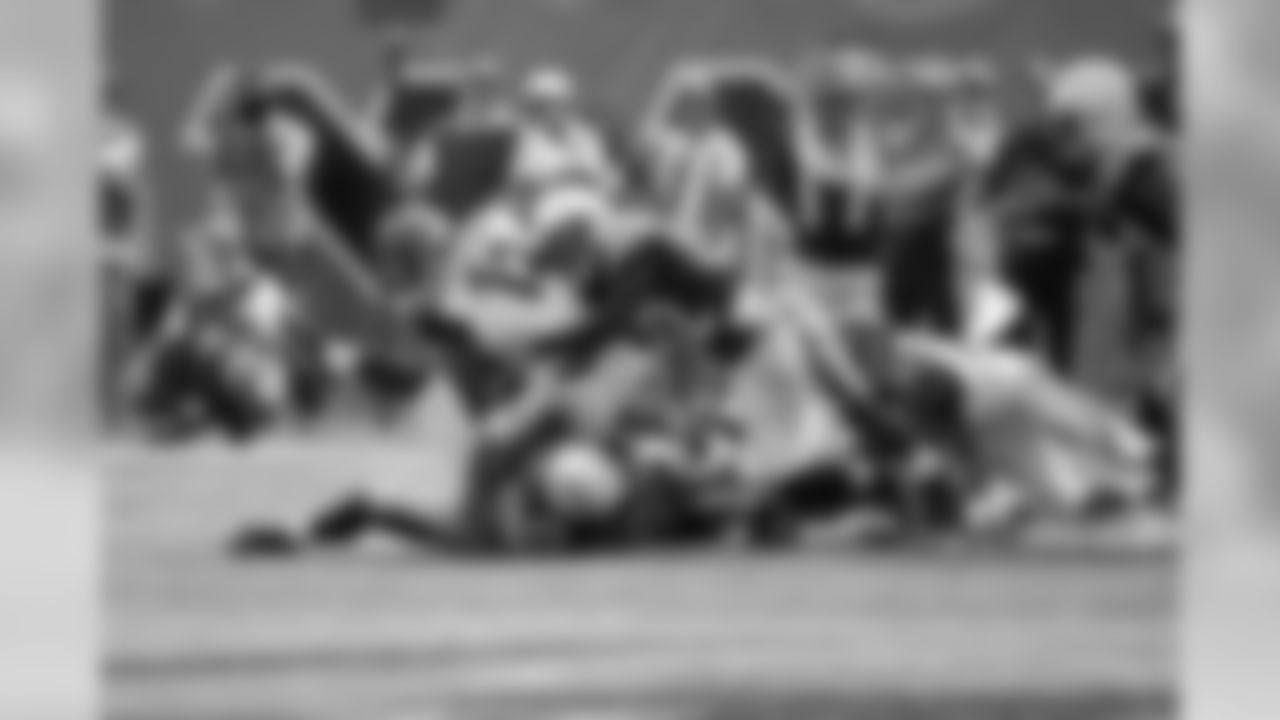
The Chargers defense is led safety Eric Weddle who has 35 total tackles (26 solo and 9 assists) on the season.
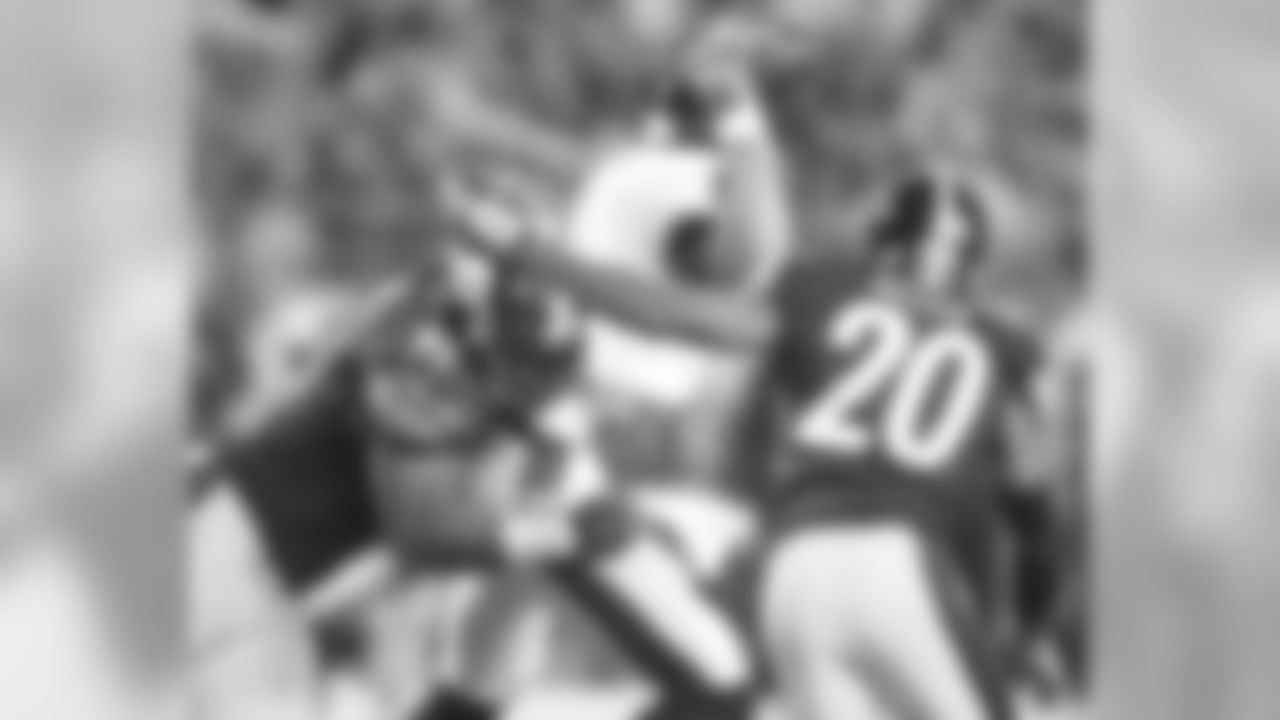
With a sack of Ravens QB Joe Flacco, DE Stephon Tuitt added to his team leading sack total and has now recorded 3.5 sacks on the season.
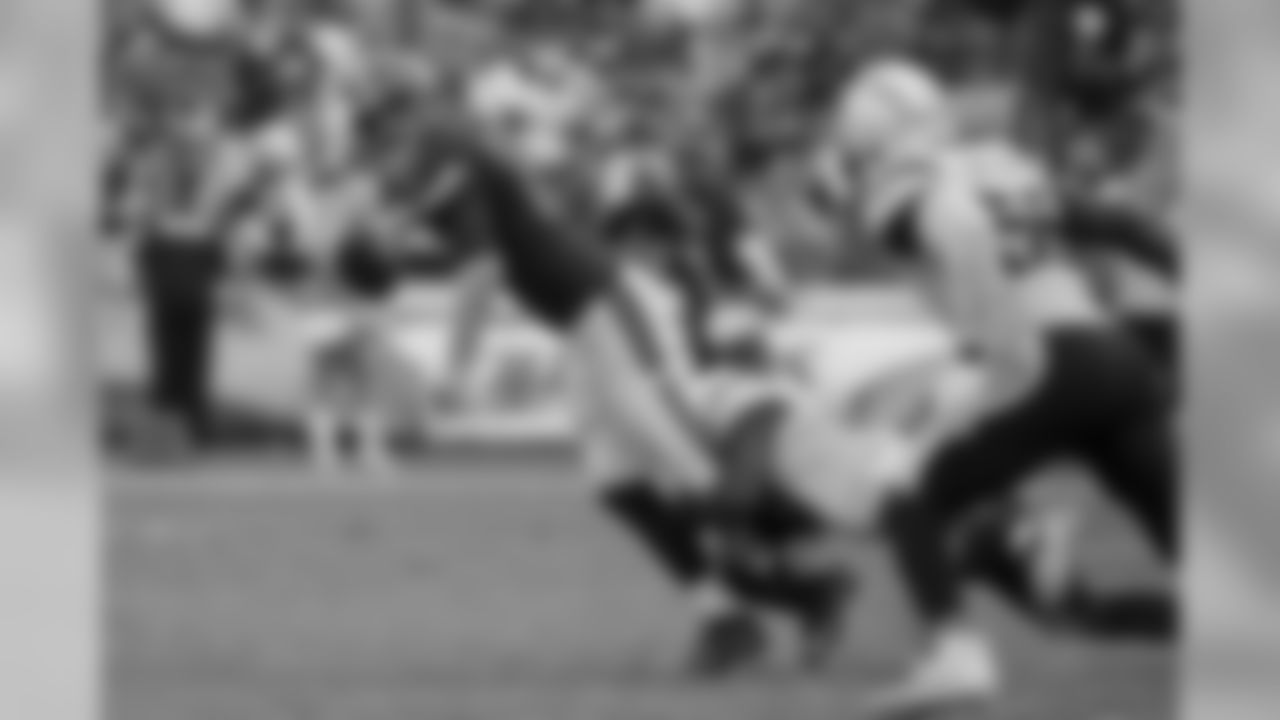
OLB Jeremiah Attaochu has recorded 2.0 quarterback sacks in 2015 to lead the Chargers.
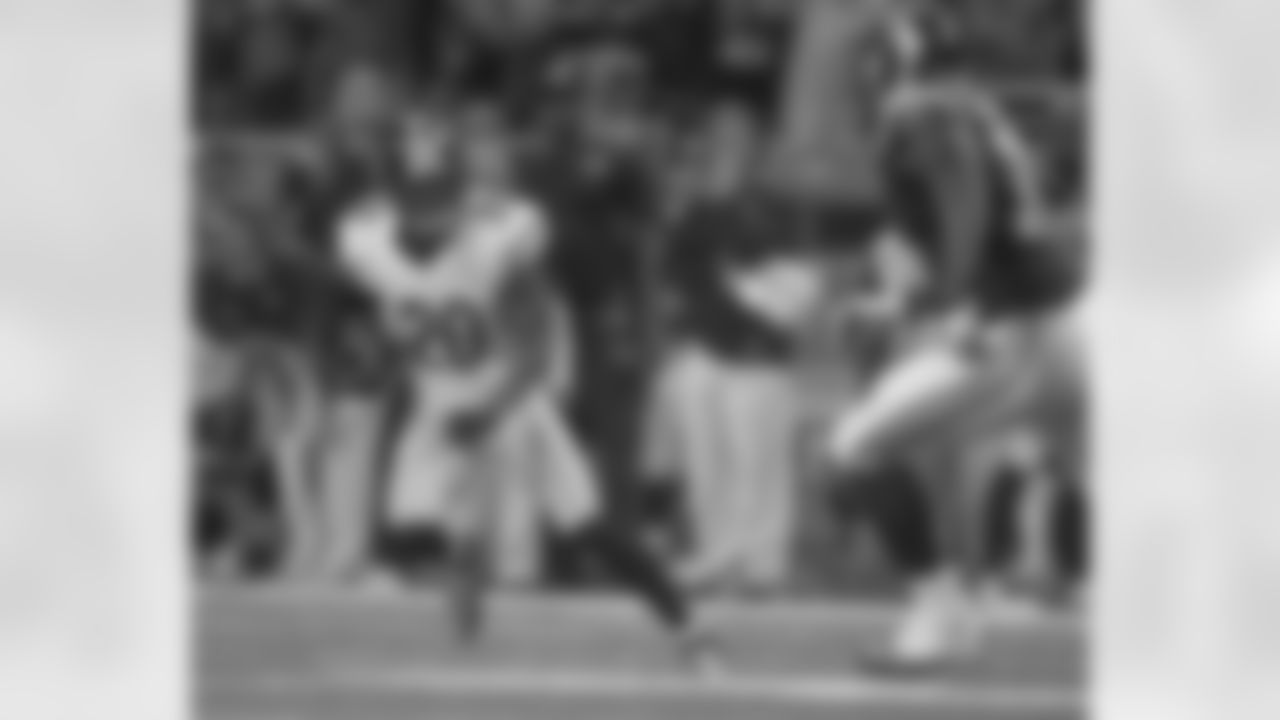
S Will Allen recorded for the first interception of the season for the Steelers defense late in the fourth quarter to help seal the win over the Rams.
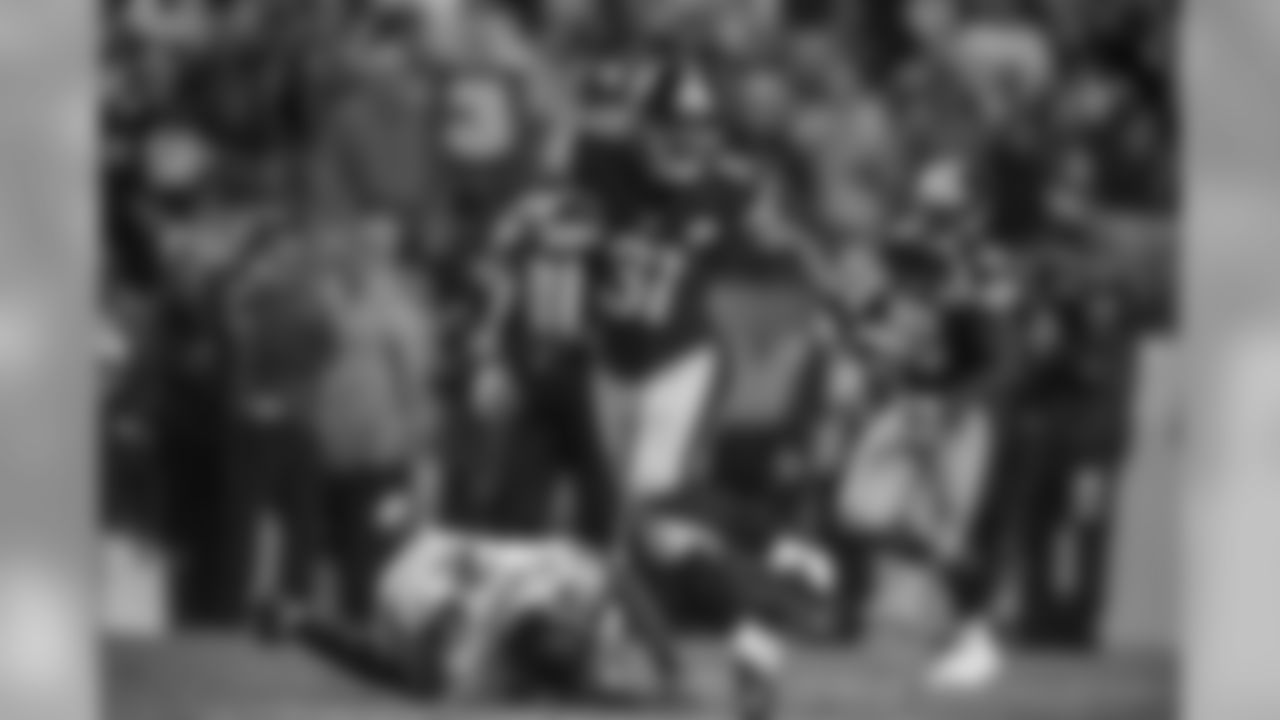
CB Ross Cockrell recorded his first career interception when he picked off Ravens quarterback Joe Flacco in the 2nd quarter of Steelers Week 4 Thursday night game.

CB Patrick Robinson is one of three Chargers who have recorded a single interception for the Chargers defense so far in 2015.
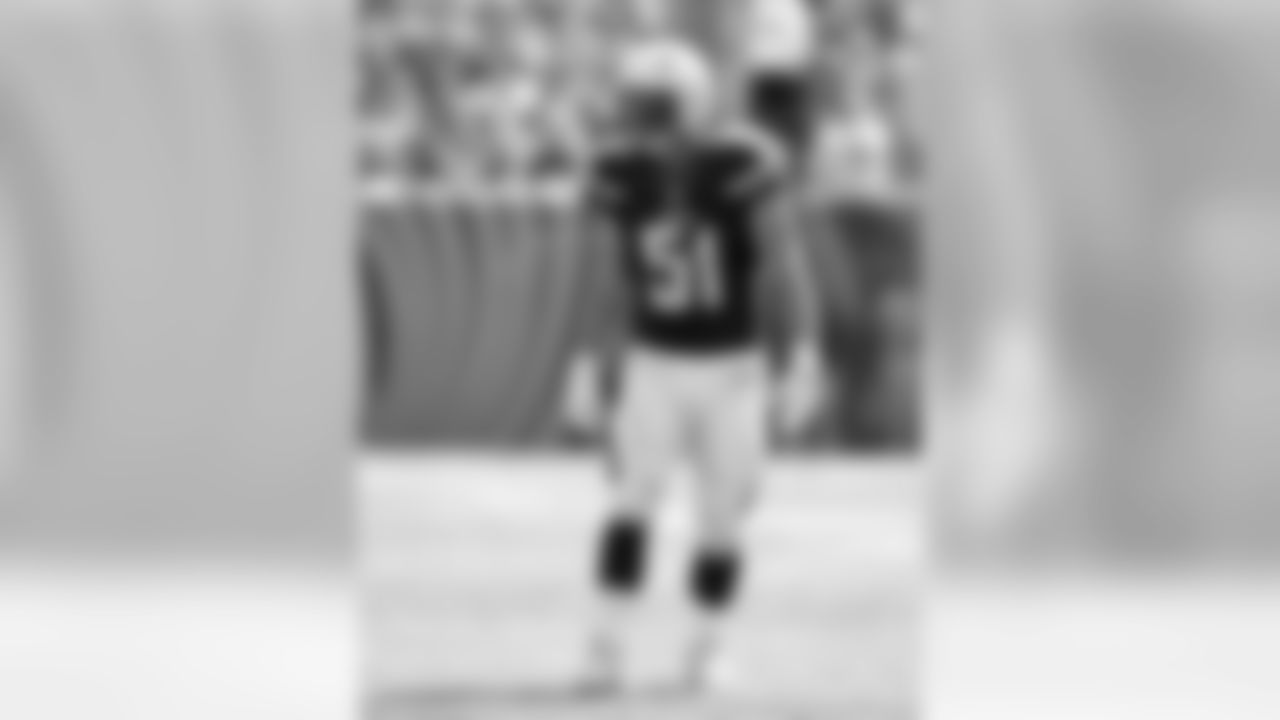
OLB Kyle Emanuel is one of three Chargers who have recorded a single interception for the Chargers defense so far in 2015.

CB Steve Williams is one of three Chargers who have recorded a single interception for the Chargers defense so far in 2015.
Q. How much of the 191 yards rushing by the Ravens was them taking advantage of the blitz?**
A. A portion of it was, but we're capable of minimizing it. We're not going to hide behind a plan. We have to come off blocks and make tackles better than we did in some instances in that football game.
Q. What makes Phillip Rivers such a special quarterback?
A. He's got complete command of the offense, and he also has the autonomy to get them in premium looks at the line of scrimmage. He utilizes all of the play clock to gather information. His above-the-neck game is special, but when you've been doing it as long as he has you develop those traits. Our quarterback has those traits. That's what is dangerous about the savvy veteran quarterback in football, whether it's Ben or Phillip Rivers or Drew Brees or Tom Brady or Peyton Manning or Aaron Rodgers. They have complete command of their offenses and they utilize that to their team's benefit.
Q. A couple of weeks ago, you turned Le'Veon Bell loose in his first game back from suspension. Do you expect the Chargers to do that with Antonio Gates, who's going to be coming off his four-game suspension?
A. Absolutely. He's got a big body, but it goes beyond that. He can drop his weight at break points. He understands the passing game. He can create space on people. He can recognize man coverage or zone coverage. He sits down well in zone. He stays on the move almost all the time vs. man. He's got some really good physical traits, but his above-the-neck game is what brings it all together.
Q. Keenan Allen is their top receiver. How do the Chargers go about getting him the football?
A. He has a rapport with Phillips Rivers, and so he's going to get the ball. It's about minimizing his impact on the game. We can't give him run-after-catch yards. We have to tackle the catch when he's able to get open. We can't allow him to do some of the things that he does. He has great vision, he's a big guy with a good stiff-arm. The yards he picks up after the catch is really what we have to minimize.






